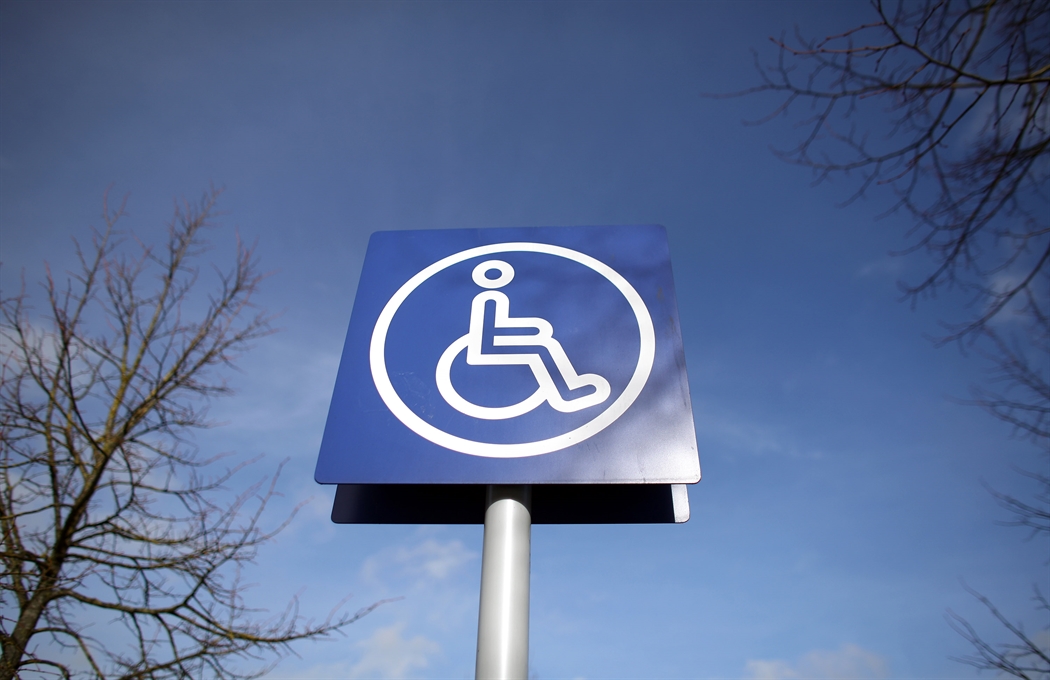In a further step towards a fairer and more inclusive Europe that will improve the daily loves of the elderly and people with disabilities, European Parliament and EU Council negotiators have reached an agreement on a European Accessibility Act (EAA). The agreement must be approved by MEPs and the Council before the legislation can enter into force.
More accessible products and services
More than 80 million people live with disabilities in the EU and many have difficulties using everyday products, such as smartphones, computers, e-books, and encounter problems in accessing key services via ticket machines or ATMs.
The UN Convention on the Rights of Persons with Disabilities (UNCRPD) requires the EU and member states to ensure accessibility. Measures at EU level are needed to set common accessibility requirements for key products and services.
The European Accessibility Act sets standards for key products and services:
- ticketing and check-in machines
- ATMs and other payment terminals
- PCs and operating systems
- smartphones, tablets and TV equipment
- access to audio-visual media services, e-books
- e-commerce
- some elements of passenger transport services
- electronic communications, including the 112 emergency number
Opportunities for businesses and consumers
Having common standards at EU level will prevent member states from developing different laws. This will make it easier and more attractive for businesses to sell accessible products and services in the EU and abroad.
Edited by Bouli Hadjiioannou
















